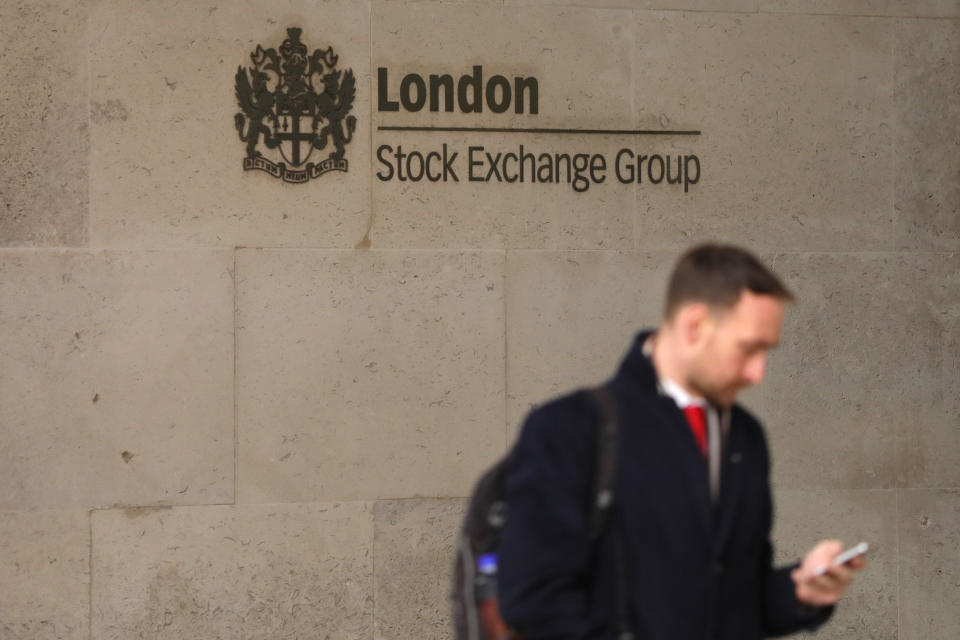FTSE CEOs see short-term pay cuts but 'excessive' bonus culture prevails

FTSE 100 (^FTSE) chief executives have taken short-term measures to cut pay, however an excessive bonus culture prevails in the UK’s top listed companies, a report published by the Chartered Institute of Personnel and Development (CIPD) and High Pay Centre has found.
While 36 companies have used a combination of measures to cut pay since the coronavirus hit the economy, the report suggests these are mainly superficial or short-term.
The most common measure, taken by 14 companies, has been to cut salaries at the top by 20%. However, salaries typically only make up a small part of a FTSE 100 CEO’s pay package.
The final pay consists of a base salary, bonus or short-term incentive plan (STIP), long-term incentive plan (LTIP), pension or pay in lieu of pension and benefits. It excludes national insurance contributions, which are reported on for the whole company.

The companies that have made cuts are predominantly in sectors hardest hit by the pandemic, such as retail, hospitality, construction, and manufacturing, as well as banks and other financial services, according to the report.
The measures range from temporary deferral of salaries (meaning that executives could still eventually be paid in full) to the reduction of salaries and the cancellation of bonuses.
The report found that 11 firms have cancelled bonuses for executives, though in one case only cash bonuses have been scrapped.
The most common reduction has been a 20% cut in executive directors’ salaries and a 20% reduction in non-executive directors’ fees.
READ MORE: Banks forced to axe dividends and may cut bonuses over COVID-19 crisis
CEO pay awards are particularly controversial where firms have drawn on government assistance, such as the coronavirus job retention scheme (JRS).
The Bank of England has also offered more direct support to businesses via the Coronavirus Corporate Financing Facility (CCFF), which provides short-term loans to assist with disruptions to cash flow.
The High Pay Centre has found that 19 companies in the current FTSE 100 cohort have taken advantage of the JRS and/or the CCFF. The mean CEO single figure pay for this group is £3.23m ($4.22m).
Peter Cheese, chief executive of the CIPD, said: “Pay among the FTSE 100 will probably fall next year, but this is more likely to be due to wider economic circumstances rather than a fundamental change in approach to executive pay.
“We continue to find a disconnect between the total reward packages of CEOs in the FTSE 100 and their actual contribution to long-term company performance.
“Too big a share of CEO payments depends on the fluctuating fortunes of the stock market and not enough on whether they are a responsible custodian of the business for all stakeholders, including, of course, the workers who drive long-term value,” he continued.

 Yahoo Finance
Yahoo Finance 